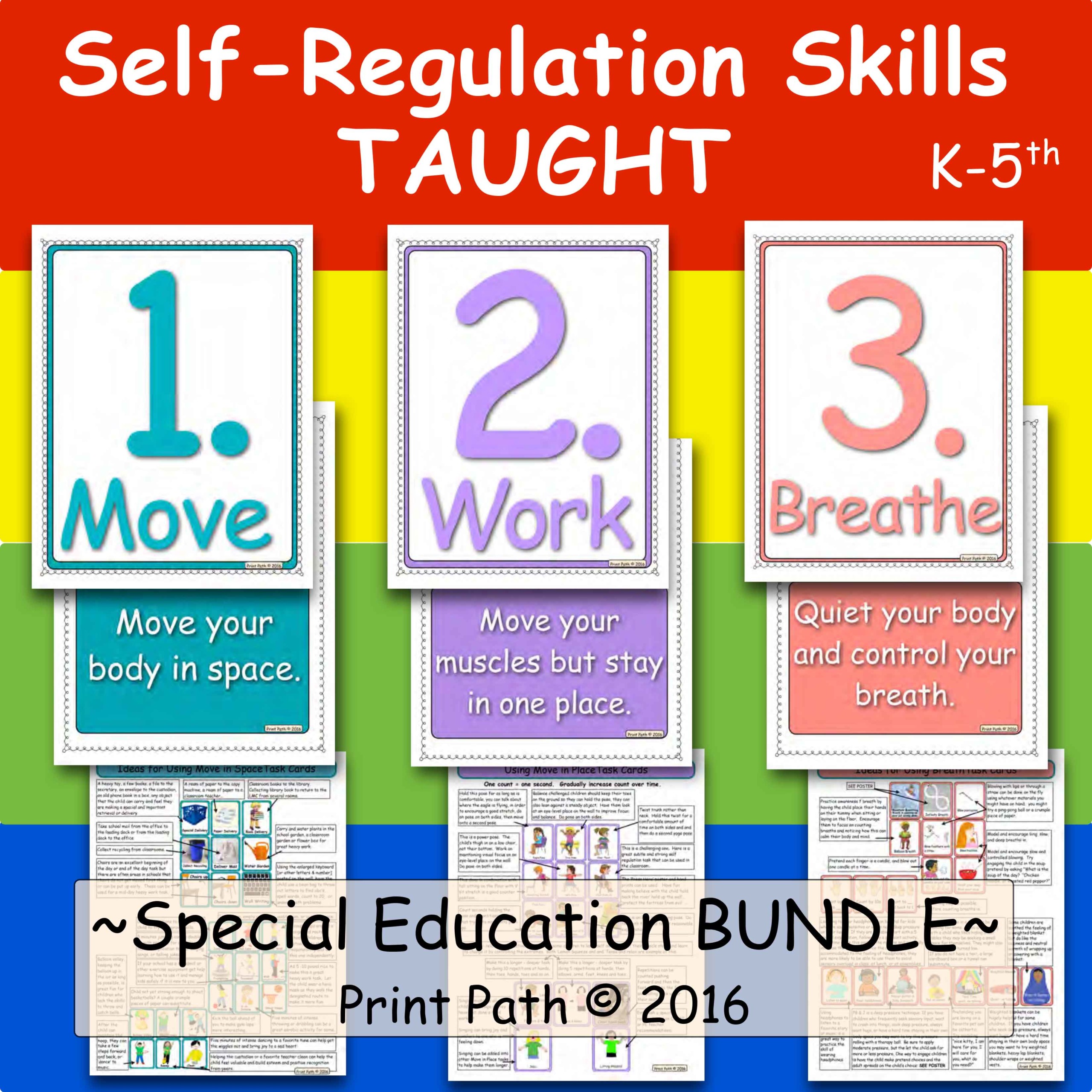Self Regulation and Fine Motor Skills

Young kids find it difficult to learn to write since they must combine their still-developing fine motor abilities with an understanding of written language in order to produce a mark that has meaning. The problem gets worse when children are required to create a range of written items, each with its own set of demands (for example, writing individual letters vs. words). Researchers wanted to take a closer look to determine the relationship between self regulation and fine motor skills in young children.
Although self-regulation and fine motor skills are both important for writing, we still don’t know exactly how they work together to help children learn to write.
If you work with preschoolers, you most likely have observed that the ability for young children to self-regulate is associated with functional skills at school such as fine motor tabletop activities or pre-writing skills.

Self Regulation Skills Curriculum – Move Work Breathe
HOW DOES SELF REGULATION PLAY A ROLE IN WRITING TASKS?
Self regulation is a complex skill. For this research study it was defined as the “deliberate application of controlling, directing, and planning skills to behavioral responses to achieve social, academic, or personal goals.”
Specific examples include executive function skills such as the ability to:
- pay attention
- transition focus for one activity to another
- working memory to remember instructions
- have self-control such as raising your hand instead of calling out.
STUDY ON SELF REGULATION AND FINE MOTOR SKILLS
A recent study was published in the Early Childhood Research Quarterly. The researchers investigated whether self-regulation modifies the link between fine motor abilities and early writing development, as well as whether this relationship varies depending on writing task difficulty.
To address this, two samples of over three hundred 3- to 5-year-old children from Head Start programs were assessed at the beginning and end of the preschool year on fine motor skills, self-regulation, and a variety of writing activities.
To evaluate self regulation the Head-Toes-Knees-Shoulders task was used. Four tasks were used to measure writing tasks: name writing, letter writing, word writing, and story writing.
RESULTS OF THE STUDY
To determine the potential association between fine motor skills and self-regulation on early writing skills the data was analyzed and revealed the following after controlling for demographic factors:
- self-regulation was important at the beginning of the year for children with higher levels of fine motor skills when completing a challenging writing task.
- self-regulation was also important at the end of the school year for both 1) children with lower fine motor skills but only for the simpler writing tasks and 2) for children with higher fine motor skills on the more challenging writing tasks.
For each writing tasks, data analysis indicated that age and sex were significant predictors of these tasks.
The relationship between self-regulation and writing varies depending on task difficulty, according to study findings. When children write, self-regulation and fine motor abilities may compensate for deficits in one or both skills.
REFERENCE
Chandler, M. C., Gerde, H. K., Bowles, R. P., McRoy, K. Z., Pontifex, M. B., & Bingham, G. E. (2021). Self-regulation moderates the relationship between fine motor skills and writing in early childhood. Early Childhood Research Quarterly, 57, 239-250.


Color Your Name or Any Word
RELATED INFORMATION
Fine Motor Skills During the School Day
Would you have guessed that up to 60 percent of the elementary school day is spent practicing fine motor skills? It certainly emphasizes the need for good fine motor control development in order to achieve academic success. Read more on fine motor skills during the school day.
Math and Fine Motor Skills
Is it true that the development of math abilities is influenced by fine motor skill ability? Is there a relationship between math skills and fine motor skill improvement? Find out here.
Name Writing
Read why name writing practice is so important for kids! You can check out some activities to practice name recognition without picking up a pencil here.
Ideas for Fine Motor Skill Development
Need ideas to encourage fine motor skill development? Learn more about fine motor skills and activities here.
School-Related Fine Motor Skills
Understanding the elements of school-related fine motor skills is critical. It doesn’t imply that one size fits all since there are so many different types of fine motor exercises accessible to enhance children’s fine motor skills in general. Read more here.


